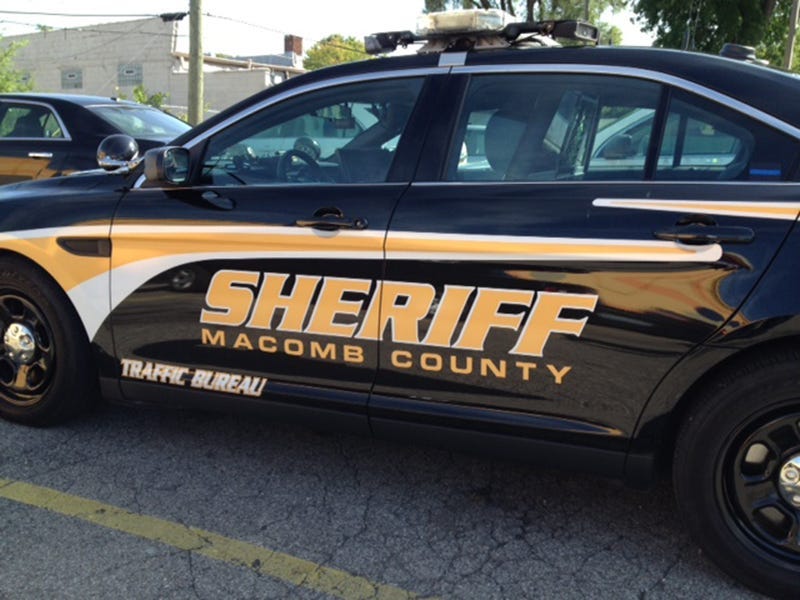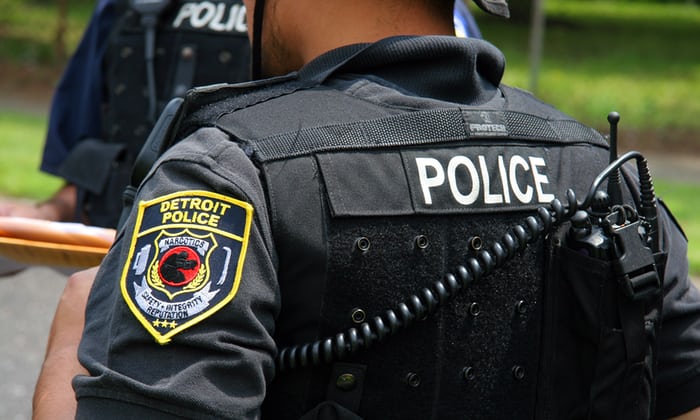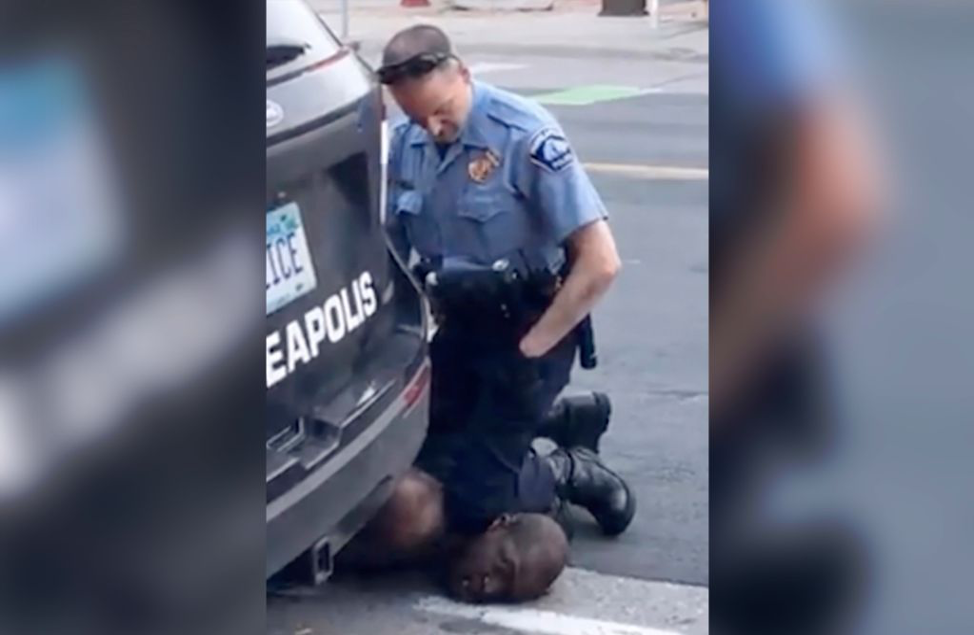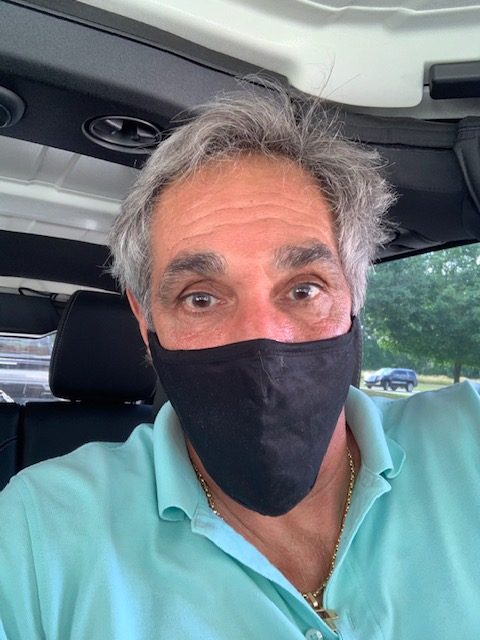Police Sting Operation is Behind Most Cases of Offer to Engage – Solicitation of Prostitute in Detroit
Pursuant to Michigan law, it is illegal to offer another person money for a sexual act. In the City of Detroit, the offense of offer to engage (OTE) another person for an act of prostitution carries a mandatory penalty of 45 days in jail pursuant to City of Detroit Ordinances. In the City of Detroit, police, not acutal prostitutes, are out on the streets and create an environment where unsuspecting men are caught up in a situation that will support a criminal charge of OTE. This is accomplished by the use of police decoys that can legally hang out in plain view where motorists are able to slow down and chat with the undercover officer.
The Detroit Police Department has an ongoing sting operation whereby undercover female police officers impersonate street walkers on main streets or where there is a likelihood that motor vehicles will drive by and stop to chat about sex. The female police officers, or decoys, are wired for audio which allows police to listen to the conversation between the decoy and the participant . The unsuspecting participant is typically operating a motor vehicle in the area and feels that it is safe to stop and talk to the female decoy. The police are situated out of view and close by and stand ready to take action as soon as they hear the participant offer of money for sex. Here are a couple examples of conversations that take place which result in police action and subsequent criminal charges:
- The person offers $20.00 for a sex act such as a blowjob.
- The person asks the female undercover officer questions that are suggestive of money for sex or asks “how much for a blowjob?”
There are two (2) major aspects of the case against a person charged with “offer to engage” or “solicitation of a prostitute” which are as follows:
- The motor vehicle of the person charged will be seized and it will take 1 -2 days to get it released at a cost of approximately $1,000.00 plus towing and storage.
- The person will be charged with a crime known as “offer to engage” or “solicitation of a prostitute” which will be scheduled for hearings at the 36th District Court in Detroit.
Do not hesitite to hire an experienced criminal defense lawyer if you find yourself facing this scenario.
The Detroit Ordinance: Offer to Engage or Solicit for Any Act of Prostitution
The use of police resources and decoys to further the prostitution sting operation in the City of Detroit is fraught with criticism; especially by criminal defense attorneys. Despite criticism, the clandestine operation has been in existence for several years. In addition, the City of Detroit nets substantial income as a result of the associated vehicles forfeited and subsequent settlements with the parties charged with OTE.
The Offer to Engage Detroit Ordinance, Section 38-9-5, states as follows:
- It shall be unlawful for any person to engage, or offer to engage, the services of another person for any act of prostitution.
- It shall be unlawful for any person to aid, assist or abet another to commit any act prohibited by subsection (a) of this section including, but not limited to, aiding, assisting or abetting by receiving or admitting or offering to receive or admit any person into any public place, or any other place, for any purpose prohibited by subsection (a) of this section, or to knowingly permit any person to remain in any such place for any such purpose.
- Upon conviction for violation of this section, the court shall:Sentence the defendant to a term of imprisonment for a minimum term of forty-five (45) days and a maximum term of ninety (90) days; and impose a fine of five hundred dollars ($500.00).
Detroit Prostitution Sting Operation Lures the Curious, Unsuspecting Suburban Male
Our typical OTE offender is usually from the suburbs, has never been in trouble or does not have any serious criminal record, and has never been convicted of OTE or solicitation of a prostitute. Unfortunately, the police use a fairly attractive decoy that is able to legally control the environment where the sting operation will take place. Here are a few realities that describe how the police conduct prostitution sting operations:
- The police decoy is made to be more attractive.
- The police decoy can be more aggressive.
- The police decoy can say and do just about anything without fear of being arrested.
- The police decoy is positioned where vehicles are likely to stop since the police decoy has no risk of being arrested.
On October 6, 2015, The Detroit News, published an article, Sex, drug sting nab more from suburbs than city. The following excerpt summarizes the main theme of the article claiming that suburban offenders are more likely to be involved in the Detroit offer to engage sting operation:
“A Detroit police cruiser swooped in and officers took the man, a Southfield resident, into custody. The pretty undercover cop resumed her pavement prancing. More drivers were nabbed after offering the going rate of $15 to $30.
Of the six men caught during the recent two-hour sting operation on Detroit’s east side, five live in the suburbs.
Detroit’s underground economy mirrors the legitimate one: Both rely heavily on suburban investment. Suburbanites flock to Detroit to spend money on sporting events, dining, casinos — and attractions not touted by city boosters, like illicit sex and drugs. “
There are many forms of communications that constitute solicitating a prostitute. There is no requirement that the parties engage in a sexual act to be charged with “offer to engage” or solicitation of a prostitute”. Here are some examples of conduct that can get you in a lot of trouble:
- Most Common: Driving your car and pulling over to talk to a hooker or undercover cop and offering money for sex or asking a prostitute for sex in exchange for drugs or something of value.
- Using your computer or cell phone to send a message requesting sex for cash.
- Walking up to a hooker or undercover cop and asking for a sex act and discussing instructions regarding payment and where to meet.
- Talking to a pimp in person or on the internet for the purpose of arranging a prostitute.
All of these scenarios have the essential elements of the crime known as “offer to engage” or “solicitation of a prostitute”.
Legal Defense Strategies to Solicitation of a Prostitute
Getting an experienced Detroit criminal defense lawyer is your best option if you are faced with the criminal charge of solicitation of a prostitute. There are several possible defenses that can be argued to get your case dismissed or the charge amended to a non-sex related crime. Here are some examples of possible defenses:
- Entrapment,
- False accusations,
- False identification,
- Lack of intent, and
- Insufficient evidence of a request or solicitation.
Entrapment is the first defense that comes to mind in cases involving solicitation of a prostitute instigated by undercover officers. The John DeLorean case comes to mind when we talk about entrapment or situations where the government creates the crime. John DeLorean fought and won drug charges base upon the defense of entrapment which involved the DEA trying to engage DeLorean in a cocaine smuggling operation at a time when DeLorean needed money to save his automotive manufacturing business.
In Michigan, the defense of entrapment requires a showing of either of the following:
- The police engaged in impermissible conduct that would induce a law-abiding person to commit a crime in similar circumstances, or,
- The police engaged in conduct so reprehensible that it cannot be tolerated.
Computer Sting Operations
Getting nailed for a sex crime such as offer to engage can happen in a real life setting or while you are surfing and chatting on your computer or cell phone. In Macomb County, there are special units dedicated to the arrest and prosecution of individuals that use a computer to commit a sex crime including: child pornography, solicitation of a minor for immoral purposes, and offer to engage another person for an act of prostitution. Most of these crimes are classified as felonies that require experienced felony representation. The Internet Crimes Unit works closely with Macomb Area Computer Enforcement (MACE), a unit of the Macomb County Sheriff’s Department, along with other law enforcement agencies that have expertise in investigating and prosecuting high-tech computer related crimes. Contact a Macomb County criminal defense lawyer if you find yourself looking at any of the scenarios mentioned in this article.
The Court Process, Avoid Jail and Avoid a Conviction for a Sexual Crime
As I stated, the offense of OTE carries a mandatory jail sentence in the City of Detroit. By getting the charge amended to an unrelated crime, such as “disturbing the peace”, JAIL IS NOT MANDATORY and the final offense is no longer designated as an embarrassing sex crime. Anyone in this situation should hire an attorney with experience handling these matters in the 36th District Court for the City of Detroit. Our firm recommends that a person facing an OTE do the following:
- Contact an attorney for legal services.
- Contact the Wayne County Prosecutor, Vehicle Seizure Unit, for instructions to get their motor vehicle returned (which typically costs $1,000.00 in forfeiture fees plus vehicle towing and impoundment). It has been our experience that settling with the prosecutor for the return of the motor vehicle is far less expensive than fighting the forfeiture proceeding in Court. It is also is very important to know that is not an admission of any criminal act or any wrongdoing by paying or entering into a settlement for the return of the vehicle.
- Do not discuss your case with anyone including the clerks at the court that are forbidden by law to give any legal advice!
The case will be scheduled for arraignment and other proceedings at the 36th District Court located at 421 Madison, Detroit, Michigan 48226. There are 29 elected full time Judges assigned to the 36th District Court. A Judge is assigned to the case for purpose all court proceedings. If the matter is not resolved, it will be scheduled for a trial. Our firm has resolved more than 95% of all OTE cases that we have handled by plea bargaining to a lesser offense. By resolving the mater, our firm has been able to:
- Avoid a conviction and the humiliation associated with a sexual related crime by getting the charge amended to under a different statute or ordinance.
- Avoid jail.
- Avoid a public trial.
In most cases, short periods of probation from 3 -6 months can be obtained. In addition to probation, the Judge will require HIV testing and attendance of a class regarding impulsive conduct/decisions. The Judge has the final word regarding the terms of sentence for a criminal case. However, based upon our experience, you will be home-free with almost every 36th District Court on the bench.
The following Court dates will be scheduled with respect to a misdemeanor case that does not go to trial:
- Arraignment: At an arraignment, the court will advise the accused party of the charges, set the next court date, establish any bond conditions (such as alcohol/drug testing), and set bond.
- Pretrial Conference: The pretrial conference is an extremely important court date where the attorney will have a conference with the prosecutor to get the criminal charge(s) reduced, dismissed, or amended. as I have mentioned in this article. We consider it a major victory to get a sexually related crime amended to a crime that is completely unrelated to sexuality or perversion. This is often the way we resolve offenses that involve offering to engage another person for an active prostitution. If a case is resolved on the pretrial conference date, the parties will appear before the judge to explain the resolution or plea bargain. The court may proceed to pass sentence at this time or set sentencing for a subsequent court date. Most hearings for misdemeanors are handled remotely via Zoom. Here is a handy link to join Zoom hearings for all of the 36th District Court courtrooms.
- Pre-sentence Interview: The Judge may require a pre-sentence interview whereby the accused party will be required to meet with an assigned probation officer. The probation officer will gather information and prepare a detailed report which will be made available to all of the parties on or before the date scheduled for sentencing.
- Sentence: The accused party is required to appear before the Judge (either in-person or remotely via ZOOM hearing) for final sentencing. The attorney for the accused will fight for leniency and to get his or her client out of the system with the least consequences.
We consider every case to be a personal matter and believe in protecting the constitutional rights and privacy of our clients while getting our clients out of the court system as discreetly and efficiently as possible. Continue reading ›
 Michigan Criminal Lawyer Blog
Michigan Criminal Lawyer Blog











 On March 10, 2020, the Michigan Department of Health and Human Services identified the first two presumptive-positive cases of COVID-19 in Michigan. On that same day, I issued Executive Order 2020-4. This order declared a state of emergency across the state of Michigan under section 1 of article 5 of the Michigan Constitution of 1963, the Emergency Management Act, 1976 PA 390, as amended, MCL 30.401-.421, and the Emergency Powers of the Governor Act of 1945, 1945 PA 302, as amended, MCL 10.31-.33.
On March 10, 2020, the Michigan Department of Health and Human Services identified the first two presumptive-positive cases of COVID-19 in Michigan. On that same day, I issued Executive Order 2020-4. This order declared a state of emergency across the state of Michigan under section 1 of article 5 of the Michigan Constitution of 1963, the Emergency Management Act, 1976 PA 390, as amended, MCL 30.401-.421, and the Emergency Powers of the Governor Act of 1945, 1945 PA 302, as amended, MCL 10.31-.33.